Cannibalising U.S. firms in China
The U.S. strategy to impose steep tariffs on Chinese goods shipped to the U.S. has been puzzling since the tariffs are likely to hurt a large number of American enterprises based in China
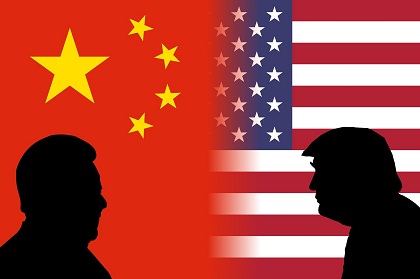 Courtesy: Enterprenuer.com
Courtesy: Enterprenuer.com
The U.S. strategy to impose steep tariffs on Chinese goods shipped to the U.S. has been puzzling since the tariffs are likely to hurt a large number of American enterprises based in China
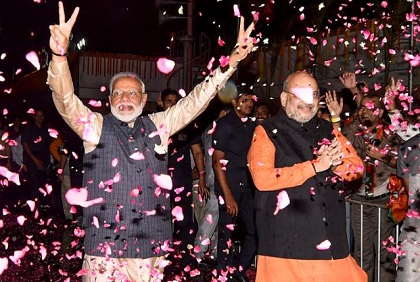 Courtesy: India Today
Courtesy: India Today
The Bharatiya Janata Party, led by Prime Minister Narendra Modi, has been returned to power for another five years, till 2024. In the run-up to the national elections, the author travelled to Bengal and Uttar Pradesh, two of India’s most important states, to gauge the mood of the electorate, and to assess the economic and political conditions on the ground since the last election in 2014. She found a new generation with big dreams, and a population whose basic needs were being met. Economic citizenry has trumped identity politics. Modi is the leitmotif for this India, and they look to him to lead them into a middle class future.
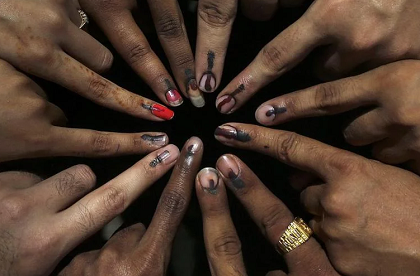 Courtesy: News Click
Courtesy: News Click
The Indian elections 2019, being conducted over seven phases, reaffirm all the values electoral democracy stands for, but this time, it has also become a referendum on Prime Minister Modi and his Bharatiya Janata Party which had won a clear majority in 2014. Outcomes are therefore unpredictable
 Courtesy: Free Press Journal
Courtesy: Free Press Journal
Japanese Emperor Naruhito’s coronation on May 1, marking the dawn of the Reiwa Era, is a milestone also for the Indian merchant diaspora, which began arriving during the reign of the Meiji Emperor in the 1870s. The strength of the India-Japan bilateral relationship lies in the 150-year-old narratives of these family-run firms and the success of many Indo-Japanese collaborations
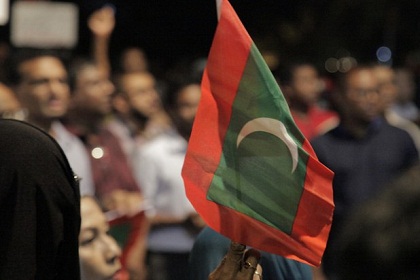 Courtesy: Dying Regime / Flickr
Courtesy: Dying Regime / Flickr
Maldives’ new president, Ibrahim Solih, has had two election wins in a span of six months – his own in September 2018 and his Maldivian Democratic Party’s landslide victory in the Majlis elections about three weeks ago. An analysis of what this win says about democratic politics in Maldives, improved relations with India and the complex equation it shares with China
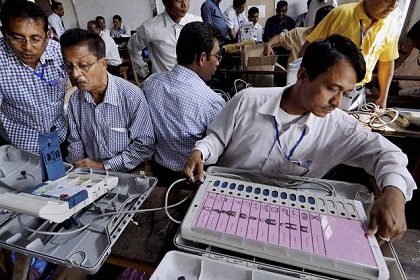 Courtesy: PTI
Courtesy: PTI
The growing use of technology in the election process has made cyber security a crucial issue. Instances of the spread of fake news, manipulation of voter behaviour and hacking show how digital technology can be misused. These issues need to be addressed in the long term
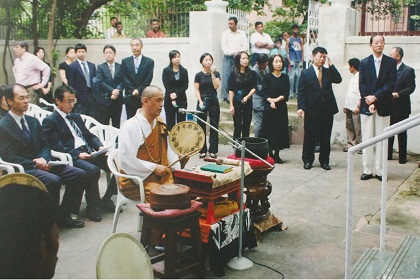 Courtesy: Gateway House
Courtesy: Gateway House
At the turn of the 20th century, British India was home to about 3,000 Japanese expatriates, and Bombay and its presidency had well-established trade ties with Imperial Japan – until the Second World War brought it all to an end. The city never regained its substantial Japanese resident population, but the few monuments that remain point to rich political and religious linkages
 Courtesy: Medium
Courtesy: Medium
The Draft Policy, issued by the Department for Promotion of Industry and Internal Trade in February, is a welcome step for India and globally, but its all-inclusive definition of a fast, click-and-buy world requires some refining: is it intended to be an internet policy or a specific e-Commerce policy?
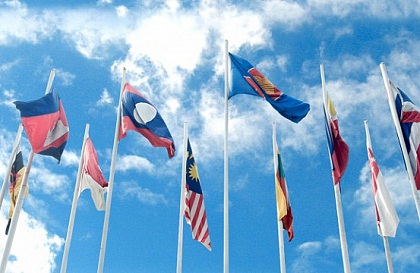 Courtesy: The Diplomat
Courtesy: The Diplomat
Philippines, Cambodia and Lao PDR face a range of development challenges at home even as they respond dynamically to shifting priorities in external relations. With U.S.-China competition increasingly shaping this part of the world, will India provide some balance? An insider’s account of how three less noticed ASEAN countries are coping with geopolitical changes
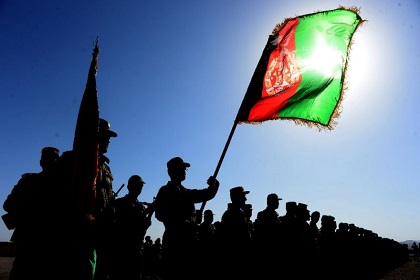 Courtesy: AFP Photo/AREF KARIMI
Courtesy: AFP Photo/AREF KARIMI
The people of Afghanistan, torn by war, ethnic strife and geoeconomic contestation for their country’s rich natural resources, have paid by forsaking the assurances of daily life. But President Ashraf Ghani has shown them that normalcy can return and it is possible to hold regular elections. The author, a guest of the President and First Lady, travelled through the country in October 2018 to record her impressions of a resilient people who have reason to hope for a different future